How to Fix Your Infected Computer


South African ISPs are supporting a new best practice called the icode scheme to help protect their customers and their networks. You may have been directed to this site because you clicked on a link on your ISP’s website or because your ISP’s systems show your computer could have been infected by malicious software (or ‘malware’) such as a computer virus. ISPs respect the privacy of their users and legally they cannot routinely scan your online activities. However, their automated systems can alert them to traffic patterns that suggest a computer has been infected. Under the icode they are required to take action for your protection. ISPs are not required to fix your computer – that’s really your responsibility – but the icode encourages them to let you know that there may be a problem.
This is important because malware on your computer can:
Malware can also track your online activity (including when you type passwords) and send it on to someone elsewhere in the world to be traded and used in crimes such as fraud and identity theft.
As well as risking your personal data, malware can allow others to hijack your system. They can be used as part of a larger network of hijacked PCs (sometimes called a ‘zombie botnet’) to attack other computers, networks or sites or undertake criminal activities. All without you knowing!
According to Microsoft, Security Intelligence Report No. 9, Jan-Jun 2010, Microsoft desktop anti-malware products alone removed bots from 6.5 million computers around the world over the second quarter of 2010 alone.
We need your cooperation to help prevent this figure rising.